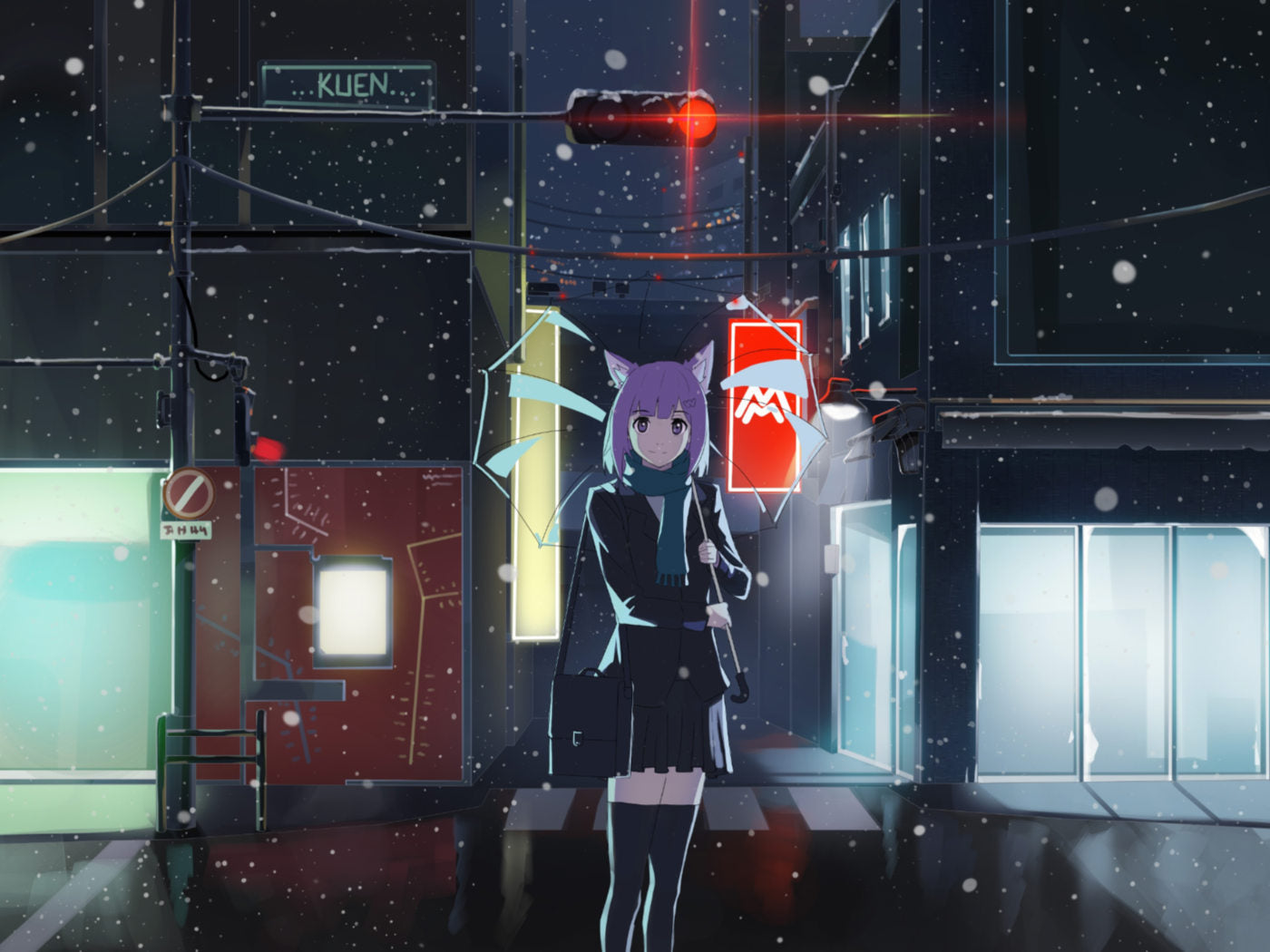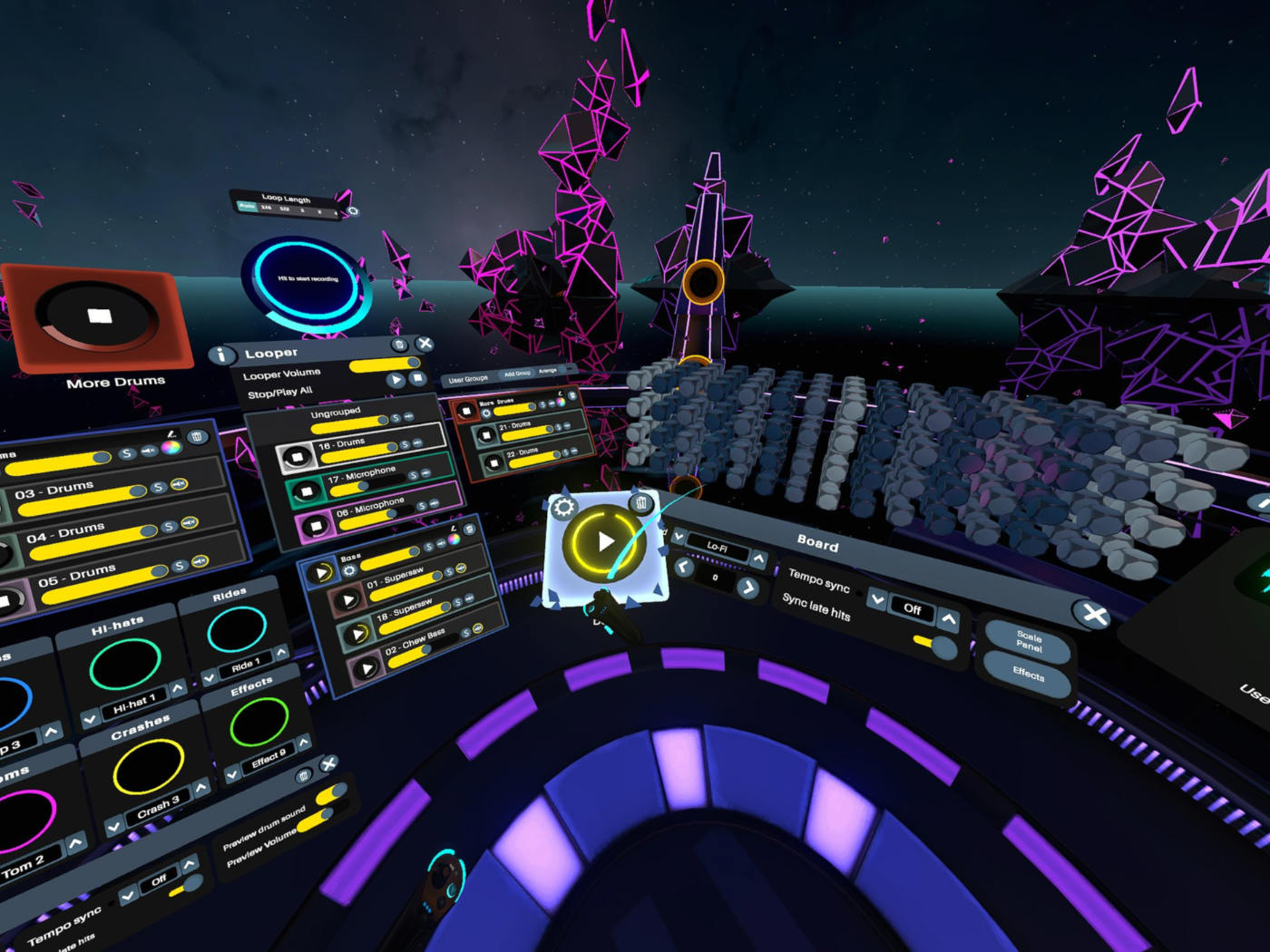As virtual reality continues to expand, two terms have gained prominence: VRChat and Metaverse. These platforms showcase various aspects of the continually changing virtual world, each with its special features and abilities.
What Is VRChat?
VRChat is a space where imagination meets technology, enabling users to create and inhabit a multitude of virtual realms. It is built on three foundational pillars: worlds, avatars, and users. The "worlds" represent the various virtual environments within the platform, and they can be created by users using Unity and VRChat SDK.

These worlds cater to different interests and experiences, ranging from social gatherings to immersive game worlds. When you first enter VRChat, you find yourself in the "Home World," serving as your central hub within the virtual universe. From there, you can seamlessly jump into different worlds, explore, interact, and even make your instance of the world private or accessible to friends.

"Avatars" are your digital personas within VRChat, akin to your profile pictures on social media. Avatars accompany you as you navigate through different virtual worlds. Remarkably, you can possess multiple avatars and change them as you desire. An "Avatar World" within VRChat allows users to customize and select avatars, opening up a world of creative expression.
What Is Metaverse?
The potential of Metaverse reaches far beyond the boundaries of gaming and socialization. Within this digital realm, your digital presence isn't confined to entertainment; it extends into education, work, commerce, entertainment, and much more.

You can own digital real estate, attend virtual events and concerts from the comfort of your home, partake in virtual education, watch movies and series, shop for goods, socialize with people worldwide, engage in governance and nation-building, collaborate for work, and even order, feel, and smell food through your digital presence.
Differences Between VRChat and the Metaverse
1. Scope and Purpose
- VRChat is primarily designed for entertainment and socialization. It provides a platform for users to play games, socialize, and immerse themselves in various virtual experiences. While it offers creativity and interactivity, it revolves around leisure and community engagement.
- The Metaverse aims to transform and digitize every aspect of our physical lives. It extends beyond entertainment and socialization, encompassing education, work, commerce, governance, and more. The Metaverse's objective is to create a digital twin of the real world, facilitating a comprehensive virtual experience.
2. Monetization Opportunities
- Monetization within VRChat is limited, primarily involving premium subscriptions and merchandise sales. Users have fewer avenues to earn income compared to the Metaverse.
- The Metaverse offers a diverse range of monetization opportunities. Almost every element, from virtual real estate to educational services, carries a monetary value. Users can work, earn, and engage in commerce within the Metaverse.
3. World and Universe Structure
- VRChat consists of a single universe with various virtual worlds. Users can navigate between these worlds, offering a sense of interconnectedness.
- The Metaverse features multiple universes, each housing numerous worlds. This expansive structure creates an extensive digital space with a wide array of experiences and communities.
4. Hardware Accessibility
- VRChat primarily caters to users with VR headsets like Oculus and HTC Vive. It is rooted in the visual and auditory immersion associated with VR.
- While the Metaverse includes VR headsets as a means of access, it goes beyond VR hardware. It encompasses a diverse hardware ecosystem, including sensory enhancements like smell, taste, and full presence, providing a multisensory and immersive experience.
5. Objective
- VRChat focuses on offering virtual entertainment and imaginative experiences. It encourages users to explore creative realms, interact with unique avatars, and engage in diverse forms of entertainment.
- The Metaverse aspires to be a digital twin of reality, replicating the physical world in digital form. It aims to mirror and enhance real-life experiences, with a primary focus on transforming education, work, governance, commerce, and other aspects of human existence.
Similarities Between VRChat and the Metaverse
1. Diverse Virtual Worlds
Both VRChat and the Metaverse offer a variety of virtual worlds for users to explore. Users can navigate through different environments and engage with the content within these worlds.
2. Digital Platform Access
Both platforms operate within digital spaces, accessible through VR headsets. While VRChat leans heavily on VR headsets, the Metaverse encompasses a broader range of hardware for access.
3. User-Generated Content
Users play an active role in creating content within VRChat and the Metaverse. They can build virtual worlds, avatars, and experiences, contributing to the dynamic nature of these platforms.
4. Community Engagement
VRChat and the Metaverse rely on active communities to drive engagement and interaction among users. These communities form the backbone of socialization and interaction within the platforms.
Recommended Blogs:
- Neos VR Game Introduction - Making VR metaverse available to everyone
- How Do You Get Unique Or Custom Avatars On VRChat?
- How to Enter the Metaverse on Meta Quest 2
Recommended VR Accessories:
1. ZyberVR Streaming and Charging Cable
2. ZyberVR Link Cable
3. ZyberVR Night IR Light
4. ZyberVR Neck Power Bank
Conclusion
VRChat represents a glimpse into the possibilities of the Metaverse. It offers a rich environment for entertainment and interaction, fostering a sense of community and user creativity. The Metaverse, in its all-encompassing ambition, seeks to redefine how we live, work, and engage with the digital realm. These two entities, though distinct, are indicative of the evolving landscape of virtual reality, where creative potential and technological innovation converge to shape our digital future.





